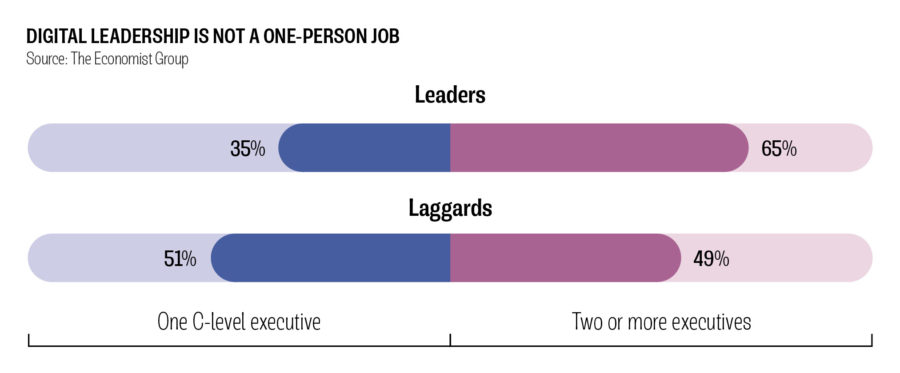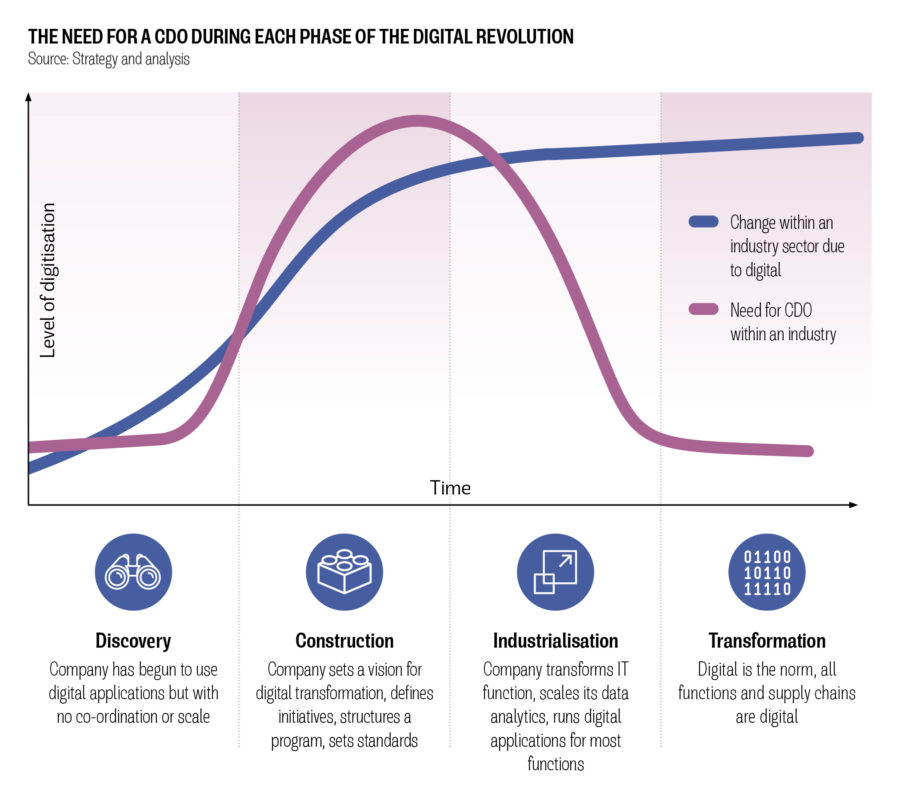Europe is facing widespread digital transformation, driven from multiple angles – startups, blue chips wanting to nurture innovation, independent technology hubs and consultancies all chasing a slice of the pie.
And what an opportunity it is. With the exception of digital heartlands, such as London, Stockholm, Berlin and Madrid, much of Europe is dragging its feet in terms of embracing digital. According to McKinsey, if all Europe’s laggards doubled their digital efforts, €2.5 trillion could be added to the continent’s gross domestic product by 2025, boosting GDP by 1 per cent a year over the next decade.

So how do we get there? Who do we need in the driving seat?
According to Clare Hill, managing director at global change management business Sysdoc, digital transformation needs to come from the top down.
Open-minded leaders are essential, not just to recognise the benefits that come with embracing change and having the conviction and gravitas to engage their management teams, but because with higher digital uptake comes greater transparency and this can be a difficult hurdle to overcome.
“Not everyone ‘gets it’ because in undergoing digital transformation, your organisation becomes more transparent. In breaking down those traditional power bases into a more agile, open organisation, what you can find is, while some within the organisation will want to drive digital transformation, sometimes management can become quite uncomfortable,” says Ms Hill.
While the rise of the chief transformation officer (CTO) or chief digital officer (CDO) might be permeating most sectors, having a single evangelist is just the beginning.
Clare Johnston, co-chief executive and founder of executive search firm The Up Group, says the CDO is just the tip of the talent iceberg.
“To really drive digital transformation, CDOs are hiring data scientists, analysts, designers, user-experience experts, product management, engineering, online and digital marketing. Those are the sorts of skills and talents in demand because often traditional organisations have never done product development, they’ve only had an IT department.”
Hiring the talent is one thing, but embedding it across the business is the next challenge.
Sean Cornwell, CDO at Travelex, heeds caution to companies whose digital hub operates as a silo, suggesting it is too easy for an organisation to reverse on its digital journey.
“You need to make digital relevant to the whole organisation. If it is just the cool kids sitting in the corner, it’s very easy to turn your back,” he says. “Whereas embarking on a fully integrated end-to-end change programme, incorporating data science, human resources, finance and the whole organisational structure, not just by particular product lines, this is how you can drive change through the entire company.”
Marrying the traditional with the more digital-savvy tends to work; Ms Johnston says being sector-agnostic is the favoured approach.
“We rarely, if ever, source just from one vertical,” she says. “We are always sourcing digital talent across sectors and that is definitely a feature of digital as opposed to more traditional hiring.”
She points to more traditional sectors, such as financial services, which are hiring in from more creative, tech-savvy, consumer-centric industries.
“You’re trying to provide solutions for engaging with customers or synergies around product, not solve the domain expertise. Whether it’s financial services, retail or travel, they will already have that within the organisation,” says Ms Johnston.
“Whereas if a retailer is trying to drive volume and user experience, that might come from online travel, financial services, gaming… the list goes on.”

